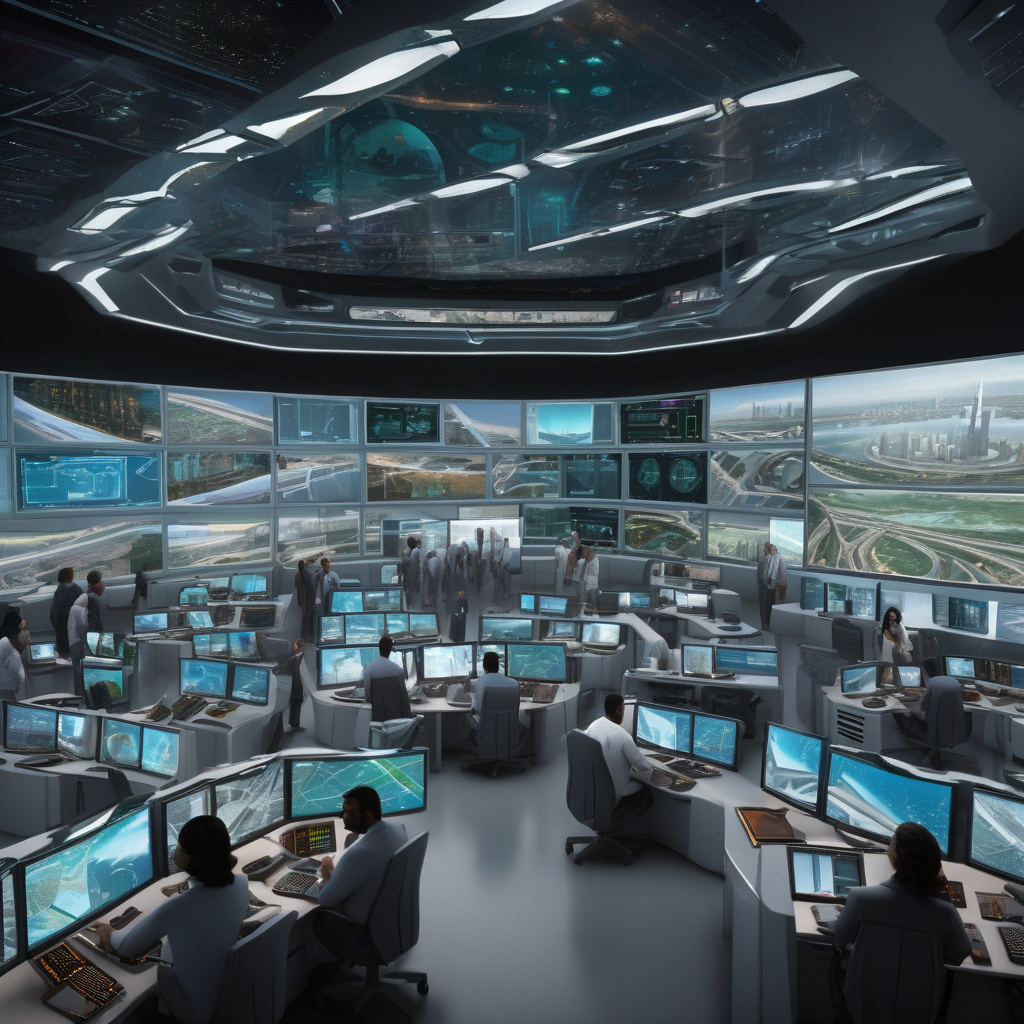New AI Traffic Control System in Dubai Cuts Journey Times by Up to 20%
Dubai, known for its futuristic and innovative approach to city planning, has once again raised the bar with the introduction of a cutting-edge AI traffic control system. This new system promises not only to streamline traffic flow but also to reduce journey times by up to 20 percent on major roads, revolutionizing the daily commute for residents and visitors alike.
The implementation of artificial intelligence in traffic control is a game-changer for Dubai’s busy streets. By leveraging real-time data and predictive analytics, the AI system can dynamically adjust traffic signals, lane assignments, and speed limits to optimize the flow of vehicles. This level of adaptability ensures that traffic congestion is minimized, leading to faster and more efficient commutes for everyone on the road.
One of the key benefits of this new AI traffic control system is its ability to respond to changing traffic conditions instantaneously. For example, during peak hours, the system can prioritize certain directions or lanes to prevent bottlenecks and keep traffic moving smoothly. Similarly, in the event of accidents or road closures, the AI system can quickly reroute vehicles to minimize disruptions and delays.
Moreover, the AI traffic control system is designed to learn and improve over time. By analyzing historical traffic patterns and performance data, the system can fine-tune its algorithms to make even more accurate predictions and optimizations. This continuous feedback loop ensures that the system remains effective and efficient in managing traffic flow across the city.
The impact of this new AI traffic control system is already being felt on major roads in Dubai. Commuters have reported significant reductions in their travel times, with some experiencing up to a 20 percent decrease in their daily commute. This not only translates to saved time and increased productivity but also contributes to a more sustainable and eco-friendly transportation system by reducing fuel consumption and emissions from idling vehicles.
In addition to improving commute times, the AI traffic control system also has the potential to enhance overall road safety in Dubai. By optimizing traffic flow and reducing congestion, the system helps prevent accidents caused by sudden stops, tailgating, or erratic lane changes. This proactive approach to traffic management creates a safer environment for both drivers and pedestrians, further solidifying Dubai’s reputation as a smart and forward-thinking city.
As Dubai continues to invest in smart city technologies, the new AI traffic control system sets a precedent for other urban centers looking to modernize their transportation infrastructure. By harnessing the power of artificial intelligence, cities can not only alleviate traffic congestion and reduce commute times but also create more livable, sustainable, and resilient urban environments for their residents.
In conclusion, the introduction of the AI traffic control system in Dubai marks a significant milestone in the city’s journey towards becoming a global leader in smart city innovation. With its ability to reduce journey times by up to 20 percent on major roads, this system is not just a convenience but a necessity for modern urban living. As Dubai paves the way for the future of transportation, one thing is clear – the road to smarter cities is paved with artificial intelligence.
Dubai, AI, Traffic Control, Commute, Smart City
